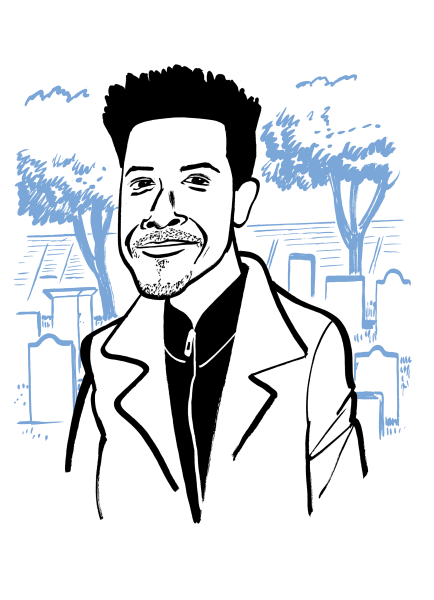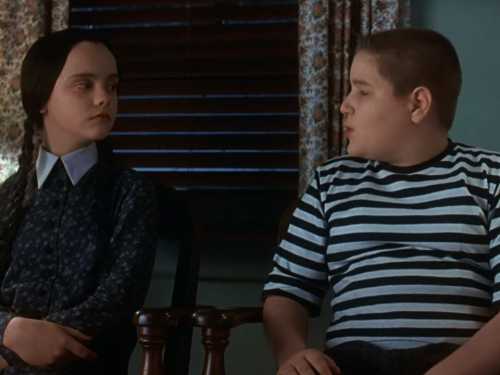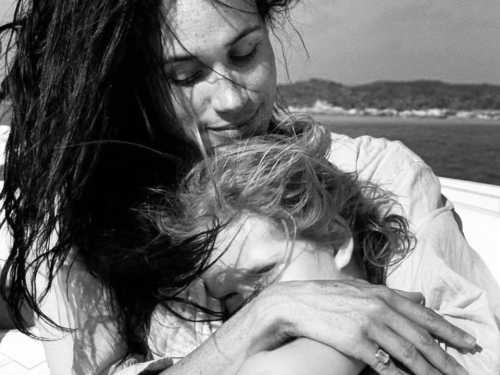

Illustration by João Fazenda
Though he currently plays a vampire on television, Jacob Anderson does not love spooky season. The other day, the thirty-two-year-old actor nevertheless found himself strolling into the musty foyer of the Basilica of St. Patrick’s Old Cathedral, on Mulberry Street, where he had come to take part in a “Catacombs by Candlelight” tour with about twenty other strangers. He wore a navy peacoat with a green vintage Adidas tracksuit. A faded poster of a crucified Jesus loomed over his shoulder. He shivered. “I don’t go into churches very often,” he said.
Anderson, who was visiting New York from London, where he lives with his wife, the actress Aisling Loftus, and their two-year-old daughter, had resolved to confront a squeamishness about mortality. He is currently starring in AMC’s show “Interview with the Vampire,” as the sensitive (and blood-sucking) aesthete Louis de Pointe du Lac. He grew up in Bristol, England—his father is Jamaican, his mother is from Somerset—and Anderson noted similarities between the city and New Orleans, where “Interview” was filmed. “Slavery sort of hovers over everything,” he said. When Anderson was seventeen, he moved from Bristol to London to pursue a career as a singer-songwriter; at the same time, he fell in love with acting. He began playing Grey Worm on “Game of Thrones” when he was twenty-two, and he later picked up a recurring role on “Doctor Who.” (He also signed with Columbia Records and still records under the stage name Raleigh Ritchie.)
Anderson slunk toward the back of the group, as the tour guide, Ronny Venable, who had white hair and wore a black windbreaker and striped scarf, gave a speech about not disrupting cathedral business. “This is still a busy church,” Venable said. “There might even be people down in the catacombs visiting the graves of loved ones.” Anderson’s eyes went wide. “I don’t know if it’s fear,” he said. “Or if I’m worried I might, like, turn into dust.”
Venable led the group outside into a soggy cemetery. “According to lore, Martin Scorsese was an altar boy right here and learned how to roller-skate in front of the church,” he said. He then pointed to a wall of stone recesses in the center of the yard, noting that they contained human ashes.
Anderson stifled a laugh. “You know, I thought this would be terrible,” he said. “But then I realized the tour guide talks exactly like Will Forte doing his ‘MacGruber’ character.”
Venable escorted the group through the cathedral under a large pipe organ and downstairs to the quiet antechamber that marked the entrance to the catacombs, which sat in darkness behind a wooden door. He held up a basket full of electric tea lights and encouraged each person to take one. He explained that the original church burnt to the ground in 1866. “There was a lot of pushback here when we announced we were starting candlelight tours,” he said. “They thought it was a recipe for disaster.”
Anderson stepped through the doorway into a long, cold hallway full of family tombs. “I have this strange fear of dioramas,” he said. “Like, at theme parks, or in the Natural History Museum. Displays that blur reality? This feels like that.” He walked up to one tomb and ran his fingers across a chiselled inscription.
“Why is there not much biographical detail on these graves?” Anderson asked.
“Well, it’s up to them to do it,” Venable said. He led Anderson to one particularly sparse stone that simply read “Lynch.” “This man was one of the richest men in New York,” Venable noted, of Dominick Lynch, Sr., an Irish wine merchant who was in attendance at George Washington’s Inauguration. “This is all it says.”
Back in the antechamber, Anderson decided to buy a commemorative lamb figurine from the gift shop, made out of the wool of sheep that graze in the cemetery every year. “I picked out this one because it has a bit of a wry smile,” he said.
Stepping back into fresh air, Anderson seemed to finally relax. “I used to be so obsessed with death as a kid,” he said. Now, though, he is more interested in immortality. “There’s something very specific about vampires that I feel connected to,” he said. “It is the combination of being sort of despairing of the world, but also thinking that the world is really beautiful.”
Anderson suddenly realized that he was still gripping his electric tea light, and shoved it deep in his coat pocket. “It’s not that I’m afraid of death,” he said. “I just like to keep a respectful distance.” ♦
Sourse: newyorker.com






